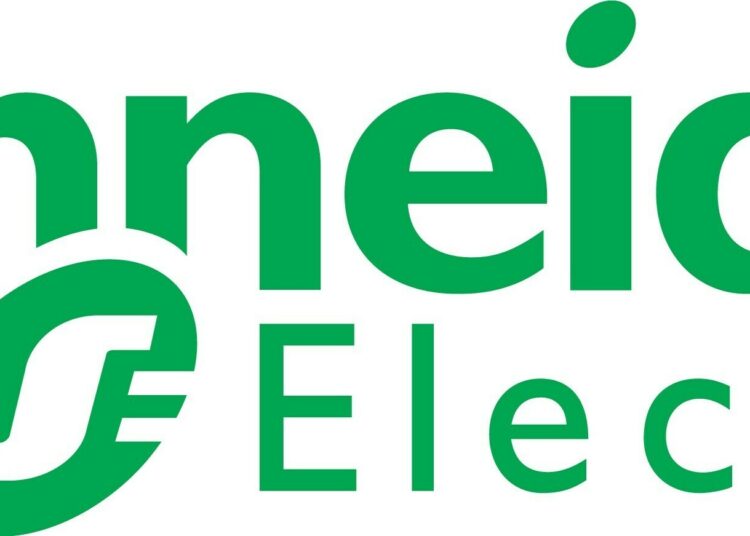Schneider Electric has been recognised by the World Economic Forum’s (WEF) Alliance of CEO Climate Leaders for its innovation in sustainable design, earning the title of Champion of the Scope 3 Downstream Solutions Challenge in the Sustainable Design category.
According to Schneider Electric, in a statement, the recognition celebrates its breakthrough medium-voltage switchgear technology, AirSeT, which plays a key role in reducing greenhouse gas emissions across electrical distribution systems.
“The technology replaces sulphur hexafluoride (SF₆) — a gas with 24,300 times the global warming potential of carbon dioxide — with pure air and vacuum technology, effectively eliminating one of the most significant contributors to Scope 3 emissions in electrical infrastructure,” the statement read.
According to Pim Valdre, Head of Climate & Nature Economy and a member of the WEF Executive Committee, “Product design is where downstream impact often begins.
Sustainable design can deliver exponential benefits, including lowering costs, enhancing safety, ensuring regulatory compliance, and reducing emissions across the entire lifecycle.”
Schneider Electric said that AirSeT’s SF₆-free design helps customers reduce regulatory risk, improve safety, and lower long-term operational costs. Since its launch, AirSeT has helped avoid approximately 1.7 million tonnes of carbon dioxide equivalent (CO₂e) as of June 2025 — a figure verified by third-party auditors as part of the company’s Schneider Sustainability Impact programme.
The company explained that AirSeT maintains familiar operating procedures and form factors while offering native digital capabilities that enable smarter grids and AI-driven, condition-based maintenance across data centres, industrial facilities, and infrastructure networks.





